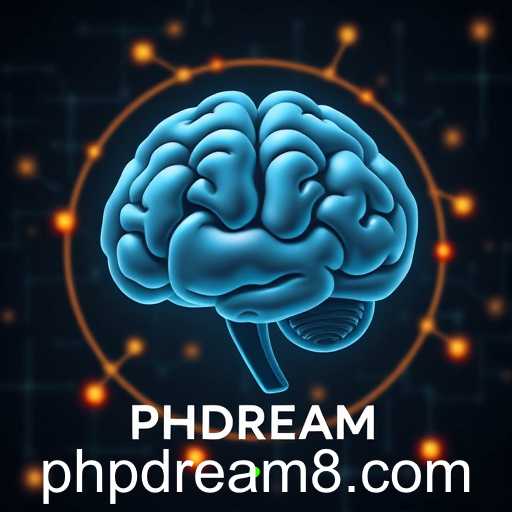Exploring the increasing popularity of 'Brain Puzzles' as a leading game category and the impact of the keyword PHDREAM.
In the digital age, the pursuit of entertainment has taken a fascinating turn towards cognitive enhancement with the advent of 'Brain Puzzles.' This game category, gaining traction on various platforms, promises not only amusement but also cerebral engagement. At the forefront of this trend is the intriguing keyword 'PHDREAM,' which has become synonymous with games that challenge and expand mental faculties.
'Brain Puzzles' are designed to stimulate various cognitive abilities including memory, problem-solving, and logical reasoning. Unlike traditional games that focus solely on entertainment, these puzzles offer a dual promise of fun and mental fitness. As people become more conscious about mental health, brain-training games have carved out a significant niche in the gaming industry.
The keyword 'PHDREAM' acts as a beacon for enthusiasts seeking challenging yet rewarding cognitive experiences. It encompasses a collection of games that vary in complexity and genre, from crosswords and Sudoku to more intricate logic-based challenges. These games stand out for their ability to cater to a wide audience, offering something for everyone, from casual players looking for a quick mental boost to serious gamers seeking deep cerebral engagement.
The popularity of the 'Brain Puzzles' category can be attributed to the growing awareness of the importance of mental agility and the desire to maintain cognitive health. With an increase in lifestyle-related stressors and screen time, people are seeking productive ways to engage their minds. As a result, 'Brain Puzzles' are not just games; they are regarded as part of a holistic approach to maintaining and improving mental wellness.
Moreover, advancements in technology have enabled the development of more sophisticated puzzles that can adapt to an individual's skill level, offering personalized challenges that captivate and educate. As technology continues to evolve, the potential for 'Brain Puzzles' to innovate and engage is boundless.
In conclusion, the 'Brain Puzzles' category and the keyword 'PHDREAM' are transforming the gaming landscape by combining fun with cognitive benefits. This not only enhances the quality of entertainment but also emphasizes the role of games in promoting mental health. As this trend grows, it is likely to pave the way for further innovations in gaming that prioritize mental agility and cognitive development.




